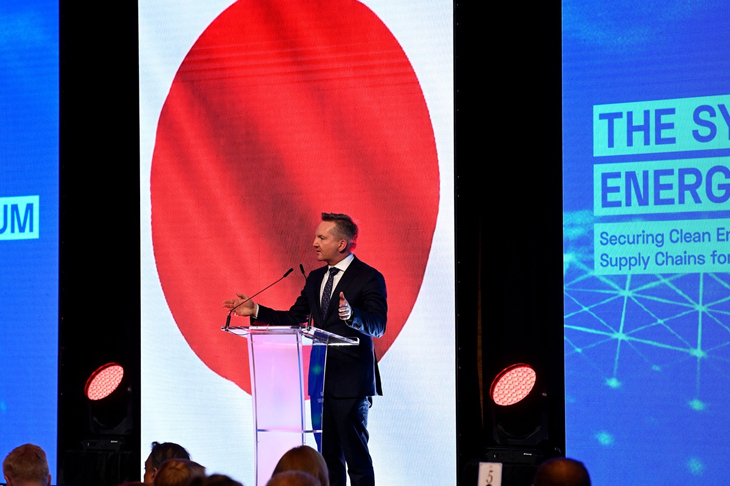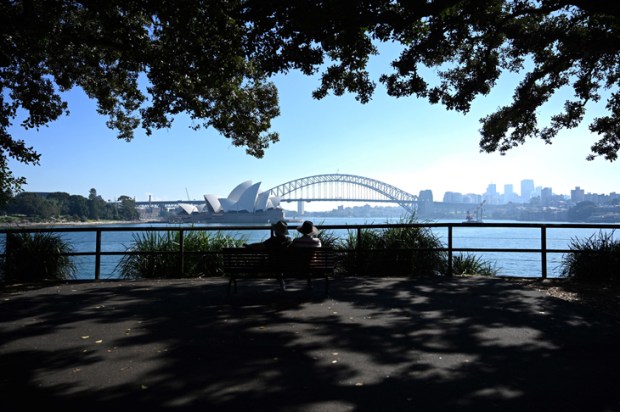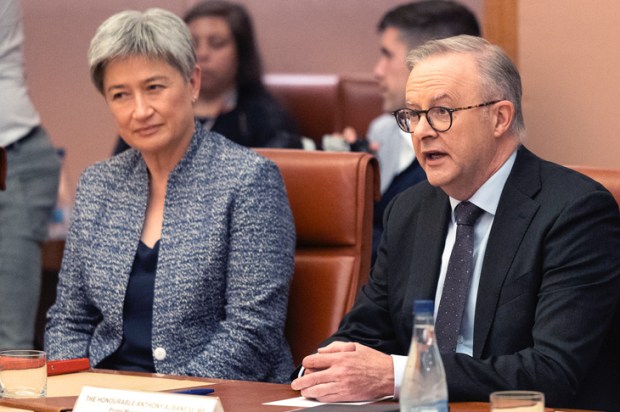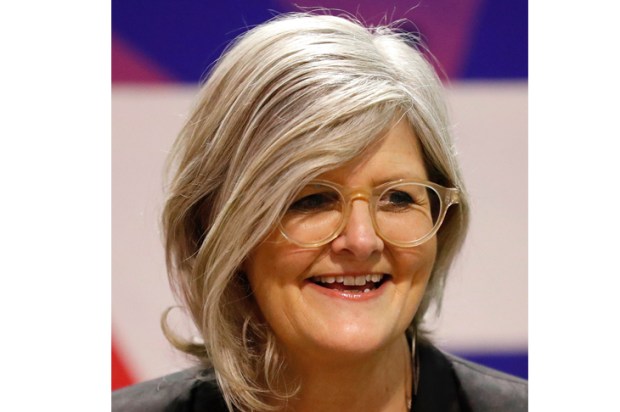Visiting the NSW Hawkesbury-Nepean floodplain, Prime Minister Albanese recently declared that his government had altered Australia’s position on climate change ‘from day one’. Relying on that non-existent entity which politicians employ like some pagan goddess, he claimed ‘the science‘ tells us that unless we take action globally ‘on climate change, then these events, extreme weather events, would be more often and more intense’.
Meanwhile, it is clear that China, Russia and India have absolutely no intention of closing down the development of their economies to achieve net-zero emissions. In addition, it is likely that after the next presidential election, the US will again abandon the Paris diktat. Nor, to avoid the retribution of their voters, will the leading European powers actually observe its terms.
The fact is no other nation is going to commit suicide on the basis of a discredited theory and the folly of net zero. This will increase the pressure on Australia’s elites to abandon their betrayal of the people, especially of the young.
But if they eventually do abandon this folly, they will still have done enormous damage. If they don’t, it will surely be time for Australians to take back their country, by all legal and democratic means possible.
In the meantime, let us return to the Prime Minister’s comments.
Since crucial parts of climate science are clearly unsettled, citing ‘the science’ as his authority for what may be termed ‘the Albanese theory of extreme climate events’ is hardly justified.
Even the UN’s IPCC does not dare do this. This is because scientific observations, over a century, show that most types of extreme weather events across the world either do not show any significantly worsening or are less common or less severe.
Meanwhile, the Bureau of Meteorology warns that we may be about to experience a La Niña event three years in a row, something rare but not unprecedented.
Indeed, flooding on the Hawkesbury-Nepean plain has been known from the early days of British settlement and apparently before by the indigenous people.
There are records of floods, several larger than the most recent, in the years 1801, 1806, 1809, 1852, 1893, 1916, 1927, 1934, 1955 and 1974. And this is not an exhaustive list.
Much of this occurred, incidentally, well before a world in which motor cars and electricity were even available, much less the norm.
The reason so many people have been so badly affected by recent flooding is not global warming. It is first, the decision by the Hawke government, curiously followed by both sides since, to block what is absolutely necessary for the future of Australia, serious dam-building programmes such as prescribed in the Bradfield, Beale and Bridge Plans. Second, it is in allowing developers to build and sell urban housing on floodplains. Consistent with calls for integrity, politicians should be accountable in appropriate cases, personally and not merely under the civil law, just as businesses are for parallel offences.
And as Senator Canavan says, what journalists should be asking Mr Albanese is when will his policy, for which we are already paying and will pay so much more for far less reliable electricity, result in no floods and no droughts? This sort of interrogation should be addressed to those members of the elites who are so curiously dedicated to what Alan Jones and Terry McCrann long ago described as ‘signing a national suicide note’.
In the meantime, was anyone delighted to hear that the Treasury is again pouring more money down the drain on modelling the effect of climate change on the economy, restarting ‘work’ sensibly abandoned for almost a decade? As the great Anglo-American mathematician, Professor George Box, once famously warned, ‘All models are wrong but some are useful.’
Dr. Steven E Koonin, a pioneer in computer modelling, is a leader in science policy in the US, serving as undersecretary for science in the Obama administration. In his magisterial exposé of warmist extremism, Unsettled (2021), he points out that while computer modelling is central to climate science, uncertainties in modelling make it impossible today to provide reliable quantitative statements about the relative risks and consequences and benefits of rising greenhouse gases to the Earth system as a whole, let alone to specific regions of the planet.
The problem is that the climate is so chaotic it is impossible to simulate it in a model. One ‘stunning’ problem, he says, is that later generations of models are actually more uncertain than the earlier ones. The proof of their inadequacy, he says, is in their failure to reproduce retrospectively the warming observed from 1910 to 1940.
Dr Koonin reveals something appalling, indeed deceitful, in IPCC Reports. Although the models can disagree wildly with each other, what we are presented with is an averaging of those models. This completely undermines the predictions the politicians and media present as accurate to a fraction of a degree. The conclusion must be that the projections of future climate and weather events, which are thrown at us daily, are demonstrably unfit for purpose.
So, thank you, Treasurer Chalmers, for wasting even more of our money.
And thank you too, Warringah MP Zali Steggall, for explaining your most curious objection to nuclear power. This is that it cannot be turned on quickly when the sun doesn’t shine, and the wind doesn’t blow. Now that uranium expert Tony Gray has demonstrated from UK experience that nuclear power is in fact significantly cheaper than ‘renewables’, and anyway emits no CO2, why would anyone rational fill in with ‘renewables’?
When will our elites in politics, big business and the mainstream media admit that there is no advantage and every disadvantage in Australia adhering to the net-zero folly?
Got something to add? Join the discussion and comment below.
Get 10 issues for just $10
Subscribe to The Spectator Australia today for the next 10 magazine issues, plus full online access, for just $10.
You might disagree with half of it, but you’ll enjoy reading all of it. Try your first month for free, then just $2 a week for the remainder of your first year.














Comments
Don't miss out
Join the conversation with other Spectator Australia readers. Subscribe to leave a comment.
SUBSCRIBEAlready a subscriber? Log in